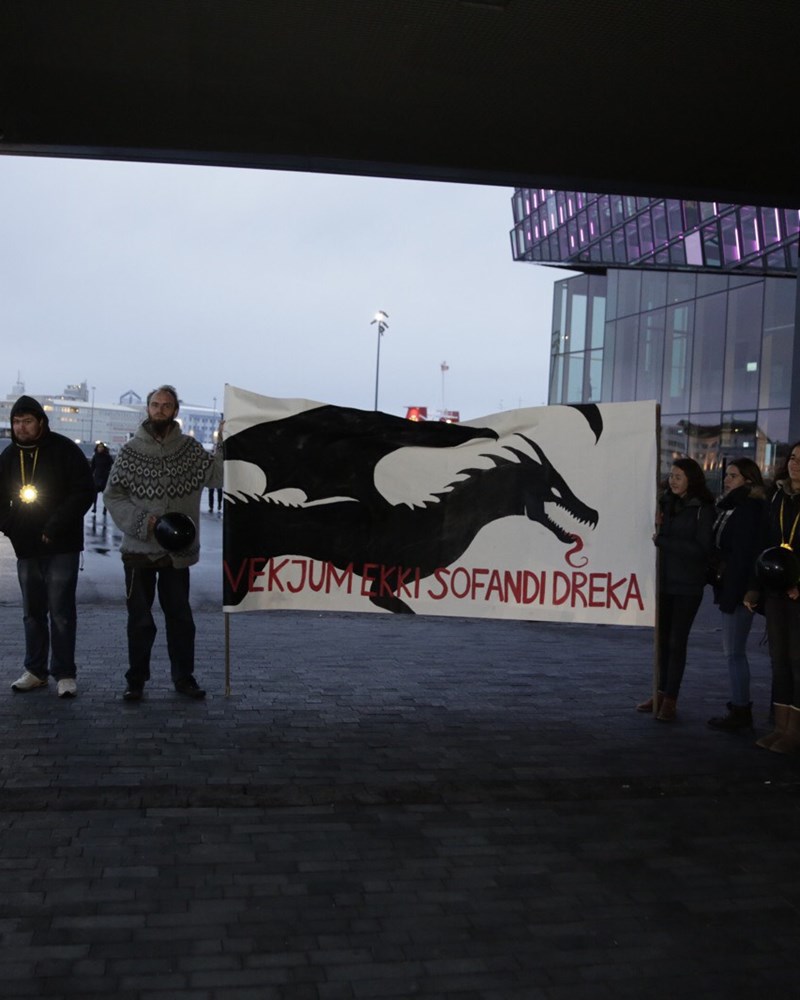The Human Dimension: Greenland Perspective on Capacity Building in the Arctic
Organized by Statens Naturhistoriske Museum, University of Copenhagen 17. October 2015
Some Arctic societies have experienced improved living conditions due to increased industrialization. But too large a number of people in the Arctic have little or no formal education, decoupling them from development. This is a great loss of value for society and a personal tragedy for the individual. Many people with no formal education do, however, have a high level of skills relevant for new industrial actors on the local level as well as in the regional Arctic context.
In this session we ask how these informal skills can be activated, acknowledged and utilized. By zooming in on the case of Greenland, we present the cold facts and discuss the present opportunities and barriers focusing on mining, tourism and handicrafts through three perspectives: a government level, the civil society level and the international level.
The session's output will be new concrete partnerships and a catalogue of solutions.
Speakers:
- Frederik Paulsen, Executive Chairman, Ferring Pharmaceuticals
- Kuupik Kleist, former Prime Minister of Greenland: "Who and how many" – an analysis of the Greenlandic case on lack of education and how to turn this barrier into an advantage.
- Representative from the Education Department of Greenland: What are the educational challenges of Greenland today?
Workshop:
- Writing opportunity catalogues – Exploring successful ideas to solve challenges in the Arctic
- Fortescue Metals Group representative: The Newfoundland and the Australian case: How to recognize informal skills and train people with no formal education.
- Gujo Torsteinsson, Educator: an innovative model of training young people with problems.
- Guðrun & Guðrun: "Knitting our way to a better life": A Faroese example of a business model creating jobs for women.

